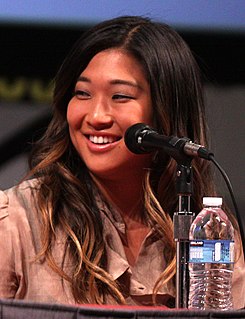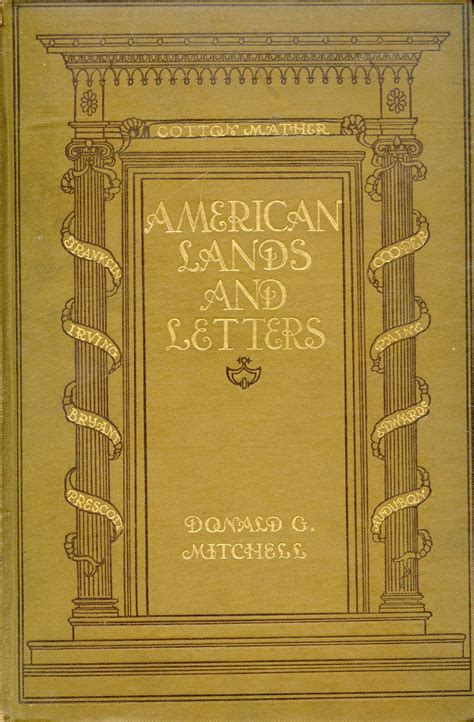A Quote by Simone Weil
More than in any other performing arts the lack of respect for acting seems to spring from the fact that every layman considers himself a valid critic.
Related Quotes
It is necessary a writing critic should understand how to write. And though every writer is not bound to show himself in the capacity of critic, every writing critic is bound to show himself capable of being a writer; for if he be apparently impotent in this latter kind, he is to be denied all title or character in the other.
There are many today who believe that there are people running around this world right now who are performing greater miracles, performing miracles in greater abundance, and actually doing more incredible acts of divine healing than Jesus himself did. I can't think of any more serious delusion than that.
Dancing and building are the two primary and essential arts. The art of dancing stands at the source of all the arts that expressthemselves first in the human person. The art of building, or architecture, is the beginning of all the arts that lie outside the person; and in the end they unite. Music, acting, poetry proceed in the one mighty stream; sculpture, painting, all the arts of design, in the other. There is no primary art outside these two arts, for their origin is far earlier than man himself; and dancing came first.
The mathematic, then, is an art. As such it has its styles and style periods. It is not, as the layman and the philosopher (who is in this matter a layman too) imagine, substantially unalterable, but subject like every art to unnoticed changes form epoch to epoch. The development of the great arts ought never to be treated without an (assuredly not unprofitable) side-glance at contemporary mathematics.
I consider myself to be a man of principle. But, what man does not? Even the cutthroat, I have noticed, considers his actions "moral" after a fashion. Perhaps another person, reading of my life, would name me a religious tyrant. He could call me arrogant. What is to make that man's opinion any less valid than my own? I guess it all comes down to one fact: In the end, I'm the one with the armies.
You find very few critics who approach their job with a combination of information and enthusiasm and humility that makes for a good critic. But there is nothing wrong with critics as long as people don't pay any attention to them. I mean, nobody wants to put them out of a job and a good critic is not necessarily a dead critic. It's just that people take what a critic says as a fact rather than an opinion, and you have to know whether the opinion of the critic is informed or uninformed, intelligent of stupid -- but most people don't take the trouble.









































